
Korach: The Killer Tongue
Those who fan the fires of dissension should be forewarned that in doing so, they are putting the lives of all their family members at risk...

And the ground opened its mouth and swallowed them and Korach (Numbers 26:10).
We learn many important lessons from the episode of Korach's revolt against Moses, such as the terrible dangers and damages of dissension, particularly when it involves an uprising against Hashem's chosen spiritual leaders.
Creating dissension is a heinous transgression of Torah, so much so in the case of Korach and his followers, that even innocent little babies were swallowed up into the ground. Those who fan the fires of dissension should therefore be forewarned that in doing so, they are putting the lives of all their family members at risk.
Dissension is the harbinger of destruction. Consequently, homes of dissension, synagogues of dissension and communities of dissension rarely see happy endings.
What is so terrible about dissension? Rebbe Shimon ben Halafta teaches that Hashem's only true vessel of blessing is peace.[1] As a result, where there is no peace, there can be no blessing.
Halacha, Jewish religious law, makes an interesting distinction. The Chafetz Chaim writes[2] that a "quarrel" is between two peers. But, if a person creates dissension with a Torah scholar, even if the latter 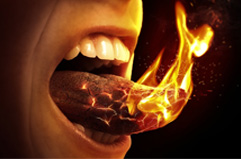 is not his rabbi or teacher, then the sin is doubly heinous; so is the punishment. Rav Yehuda says in the name of Rav that anyone who disparages a Torah scholar will have no cure or relief from his ailments.[3] A person who suffers from a stubborn health issue that refuses to get better might try assessing himself as to whether he ever insulted a Torah scholar. If so, he should ask forgiveness, for this could lead to his full and complete recovery and clean bill of health.
is not his rabbi or teacher, then the sin is doubly heinous; so is the punishment. Rav Yehuda says in the name of Rav that anyone who disparages a Torah scholar will have no cure or relief from his ailments.[3] A person who suffers from a stubborn health issue that refuses to get better might try assessing himself as to whether he ever insulted a Torah scholar. If so, he should ask forgiveness, for this could lead to his full and complete recovery and clean bill of health.
The Code of Jewish Law goes a step further and says that someone who disgraces a Torah scholar is subject to the punishment of karet, the same terrible punishment that one gets for intentionally eating on Yom Kippur, violating the Sabbath or eating chametz on Pesach.[4]
Who therefore is a Torah scholar? The Chafetz Chaim answers that anyone with a rabbinical ordination in this generation is considered a Torah scholar. With that in mind, we can understand how creating dissension with our spiritual leaders, especially the great of the generation, is immensely more serious.
Hold on – everything we've spoken about until now refers to creating dissension or disparagement in private. But, if the sin was done in public – like in the case of Korach and his rowdies who rebelled against Moses and tried to incite the entire nation to rebel as well – the sin is so heinous that Hashem is forced to create a new punishment, as in the case of the ground that swallowed up Korach and the main rabble rousers from the tribe of Reuven.
Public incitement against Torah scholars and our spiritual leaders is more serious than words can describe. Elijah the Prophet warns that for such a transgression, one might even lose his children, as in the case of Korach.[5] According to all opinions, disparaging a Torah scholar on social media as Facebook and Twitter certainly falls under the category of dissension and disparagement in public. It's worse than playing with a loaded gun.
King Solomon said that life and death are by the tongue.[6] By all means, let's choose life with the blessings of peace and avoid dissension with any human on earth, especially with our esteemed and beloved spiritual leaders.
[1] Mishna, Tractate Oktzim 3:12
[2] "Guard Your Tongue", Gate of Rememberance, Ch. 15-16
[3] Shabbat, 119b
[4] See Shulchan Aruch, Yora Deah 243:6
[5] Tanna D'Bei Eliahu, Ch. 21
[6] Proverbs 18:21


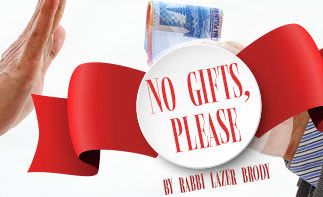
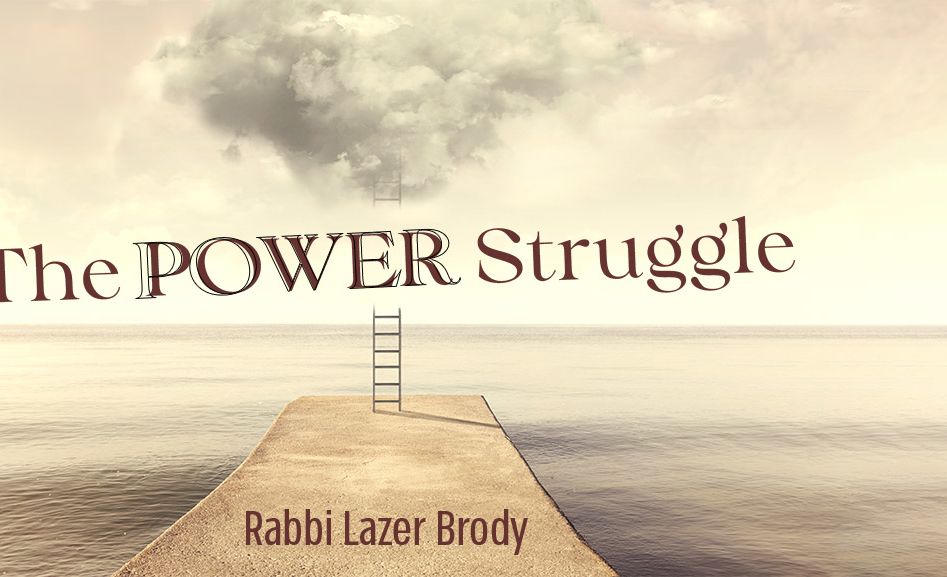


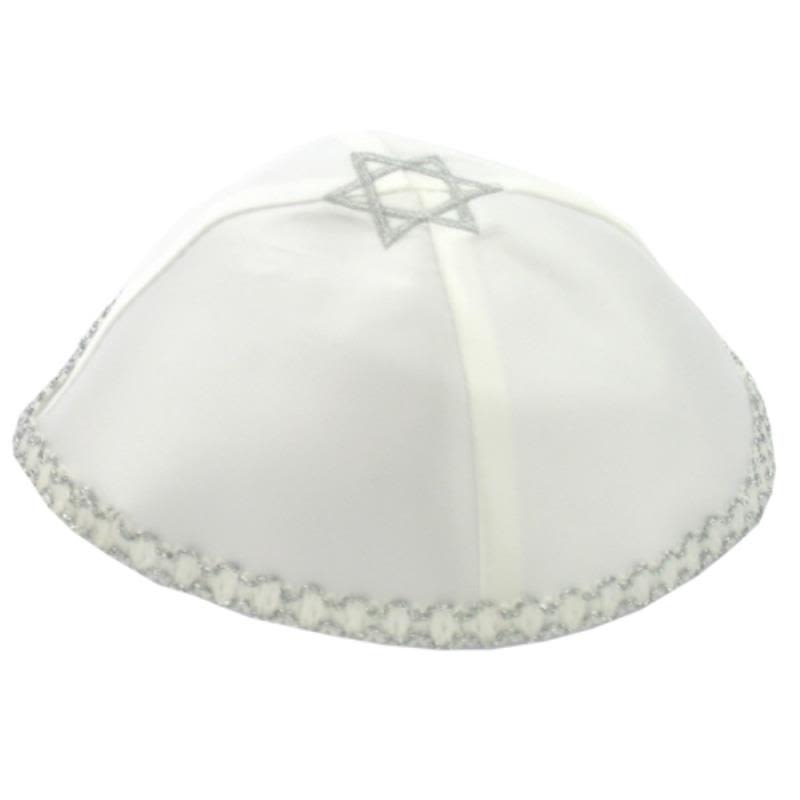
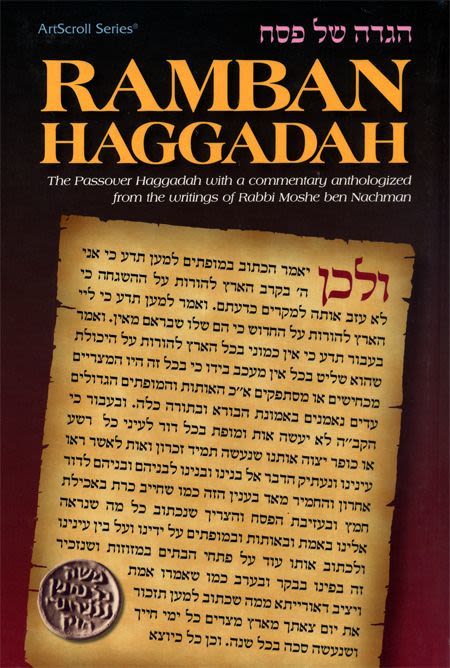

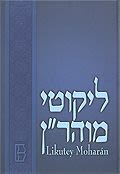
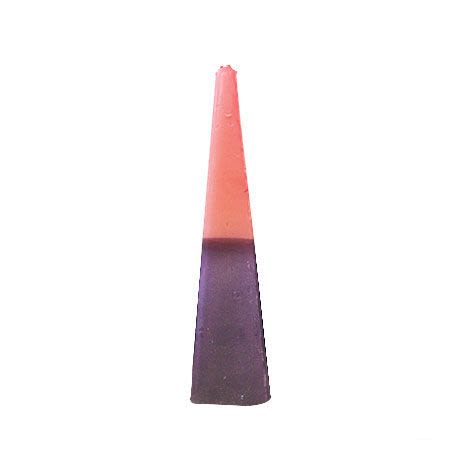
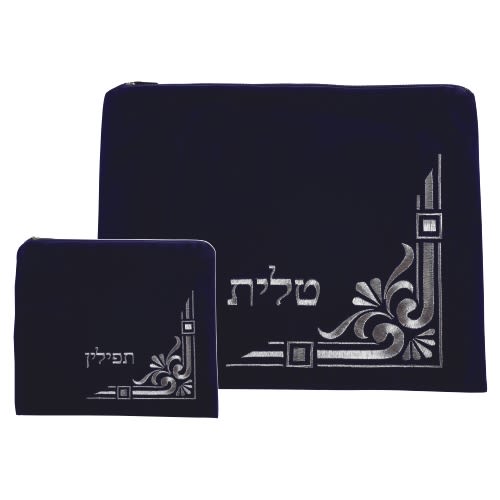
6/27/2016
What if the Rabbi is a bad person?
What if the Torah scholar is a terrible person and whose actions are in danger of hurting a lot of people like a Rabbi who sexually abuses people or emotionally abuses people?
Rabbi Lazer Brody answers: if the "Rabbi" is guilty of abuse, he must be turned over to the authorities in order to prevent him from harming additional victims – all the Israeli poskim hold this way, for this is something that is not tolerated in Israel. I know of one instance in a certain Chassidic group where they didn't want to turn the abuser in, but they disciplined the abuser in a way that the abuser wished he would have been in jail instead.